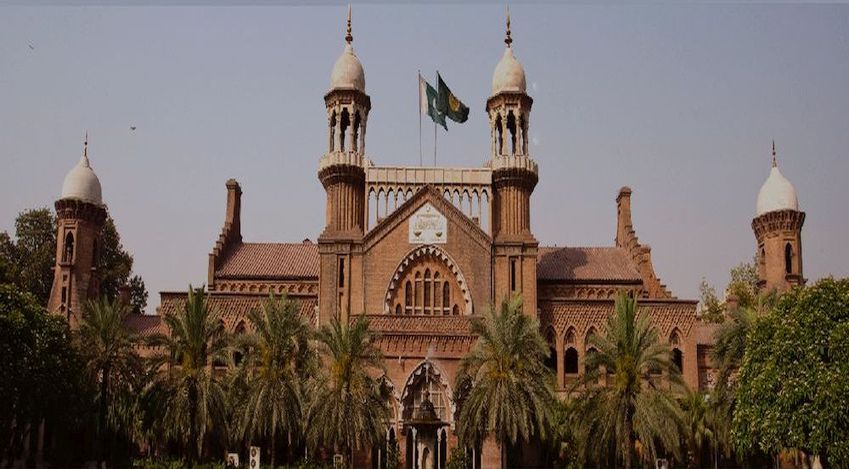The Conviction to the accused persons based on Circumstantial Evidence, including CCTV Footage and Photographs set aside --- Lahore High Court, Lahore
Islamabad 08-01-2025: The Lahore High Court (LHC) has acquitted three accused in the high-profile murder case of Rashid Ali, citing insufficient evidence and lapses in the prosecution’s case. The judgment, authored by Mr. Justice Muhammad Amjad Rafiq, overturned the trial Court’s decision, which had convicted the accused under Section 316 of the Pakistan Penal Code (PPC) and sentenced them to five years’ imprisonment along with payment of diyat.
The case originated from an incident on June 14, 2018, when Rashid Ali was allegedly beaten to death by unknown assailants near Ghousia Milk Shop, Samanabad, Lahore. Initially, the accused were unidentified, but they were later named following supplementary statements by the complainant.
The trial Court convicted the accused based on circumstantial evidence, including CCTV footage and photographs allegedly retrieved from Punjab Safe City Authority cameras. However, the Lahore High Court found significant discrepancies in the prosecution’s narrative and evidence.
The Court noted procedural irregularities in the investigation. For instance, the police failed to document the timing and location of the initial complaint, casting doubt on the witnesses’ presence at the crime scene.
The prosecution relied on CCTV footage and photographs from the Punjab Safe City Authority, but the evidence lacked supporting certificates and expert testimony to establish its authenticity. The Court also highlighted the failure to conduct a photogrammetry test to verify the identity of the accused visible in the footage.
Testimonies from key witnesses, including the complainant and an alleged eyewitness, were deemed unreliable due to contradictions and lack of corroborative evidence. One witness was labeled a “chance witness” with no credible explanation for his presence at the crime scene.
Medical reports contradicted the prosecution’s account of the cause of death. The post-mortem indicated no visible injuries or bruises on the deceased, with doctors suggesting a possible natural cardiac event as the cause of death.
The prosecution did not provide evidence to establish a motive, leaving the case shrouded in uncertainty.
The Court concluded that the prosecution failed to establish the charges beyond a reasonable doubt. The appeals filed by the accused were allowed, and their convictions were set aside. The Court also dismissed a revision petition by the complainant seeking harsher penalties for the accused.
This case underscores the importance of adhering to procedural requirements and ensuring the integrity of evidence in criminal trials. Legal experts have lauded the judgment as a reminder of the principle that an accused is entitled to the benefit of doubt if the prosecution’s case is not airtight.
The acquitted individuals, including Muhammad Ammar Shafi, Mateen Bilal, and Muhammad Burhan, have been ordered to be released unless required in any other cases.
Powered by Froala Editor








